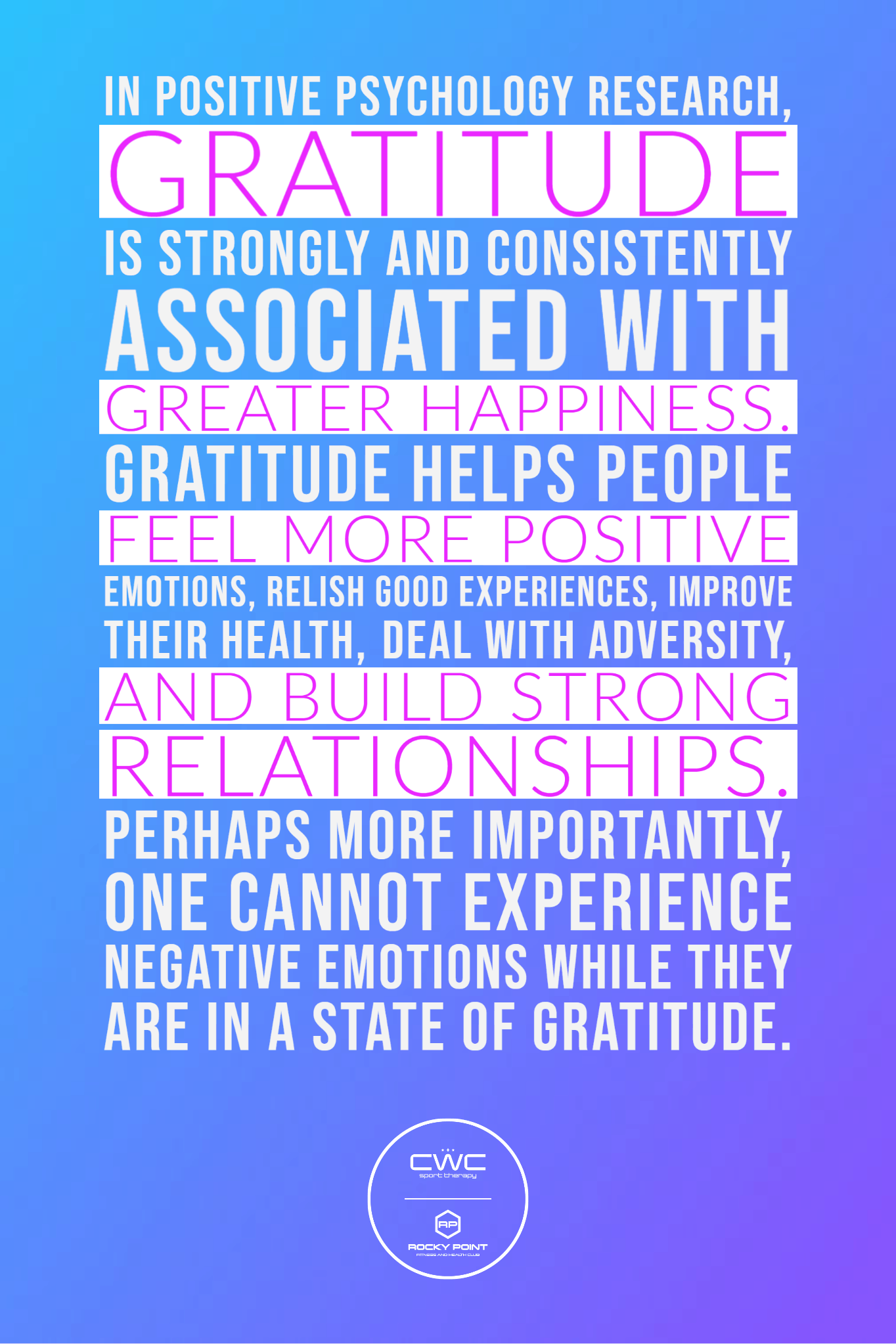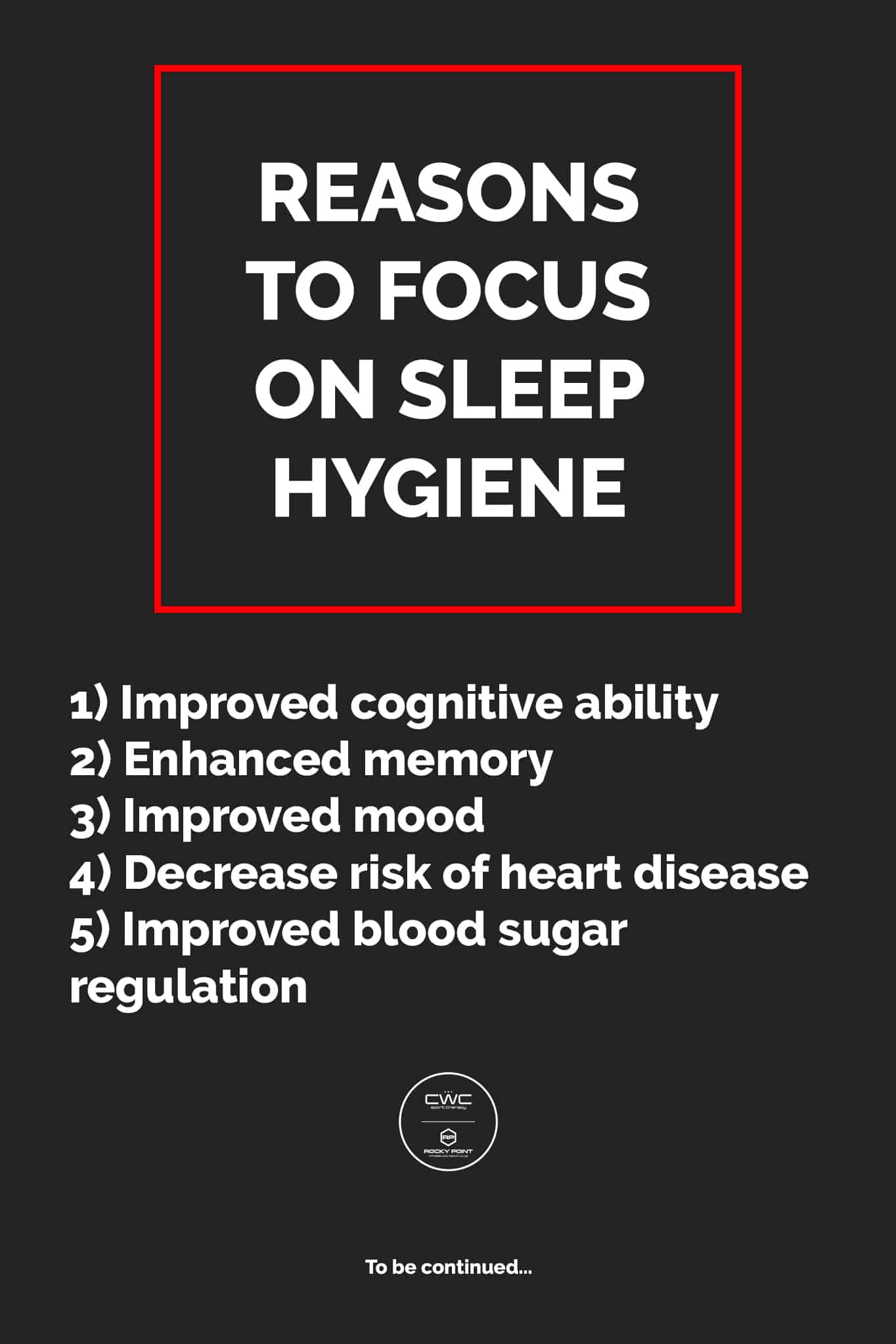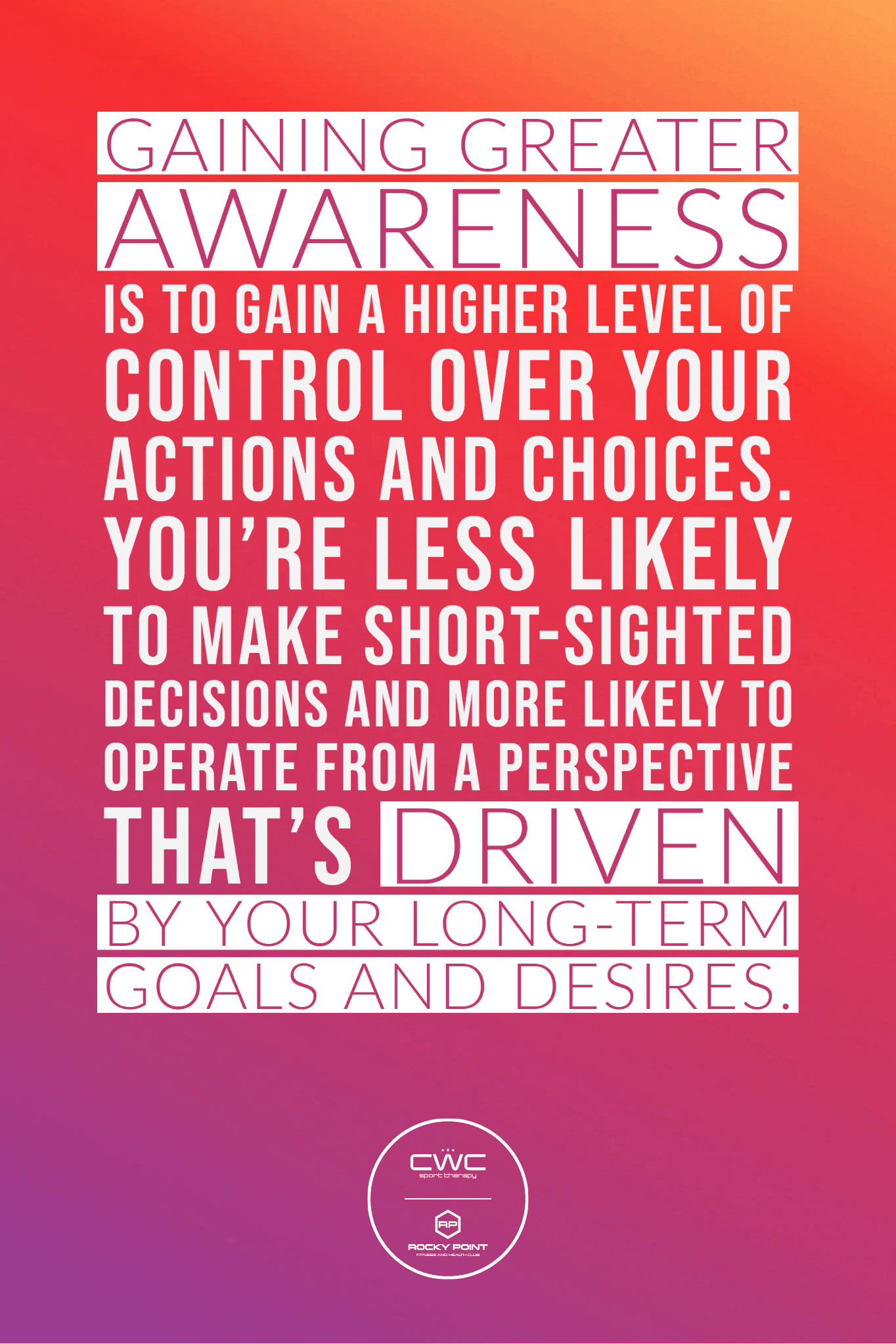The Science of gratitude
There is an existing body of research supporting an association between gratitude and an overall sense of well being. It’s linked to increased happiness, increased energy, lower blood pressure, decrease depression, alleviating symptoms of chronic pain, strengthen resiliency, and it’s even been linked to longer lives.
What’s more, people with grateful thoughts before bed have been shown to sleep better than those with out them (and we all know how important sleep is from our last challenge).
Regular deliberate practice of gratitude also helps to rewire the prefrontal cortex. The prefrontal cortex is a region of the brain that is associated with planning complex cognitive behavior, personality expression, decision making, and moderating social behaviour. This can improve self-esteem and help one to experience more empathy when socializing with others.
It has also been shown to increase levels of the dopamine and serotonin, two neurotransmitters that are responsible for a sense of well being and happiness among other important functions.
Research also suggest that you become more resilient to negative thoughts, gaining an ability to deflect them or reinterpreting them as positive events.
I remain curious to see how it’s going for you, please continue to share your experiences. And if you’re not in the challenge, consider taking 5 minutes anyway and reaping the benefits of increased gratitude.
PS it’s important to note that formal gratitude training is NOT a replacement for medical intervention. Please consult your Dr prior to considering any changes to prescriptions or medication.







